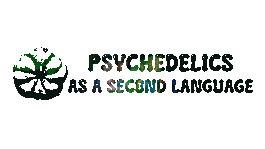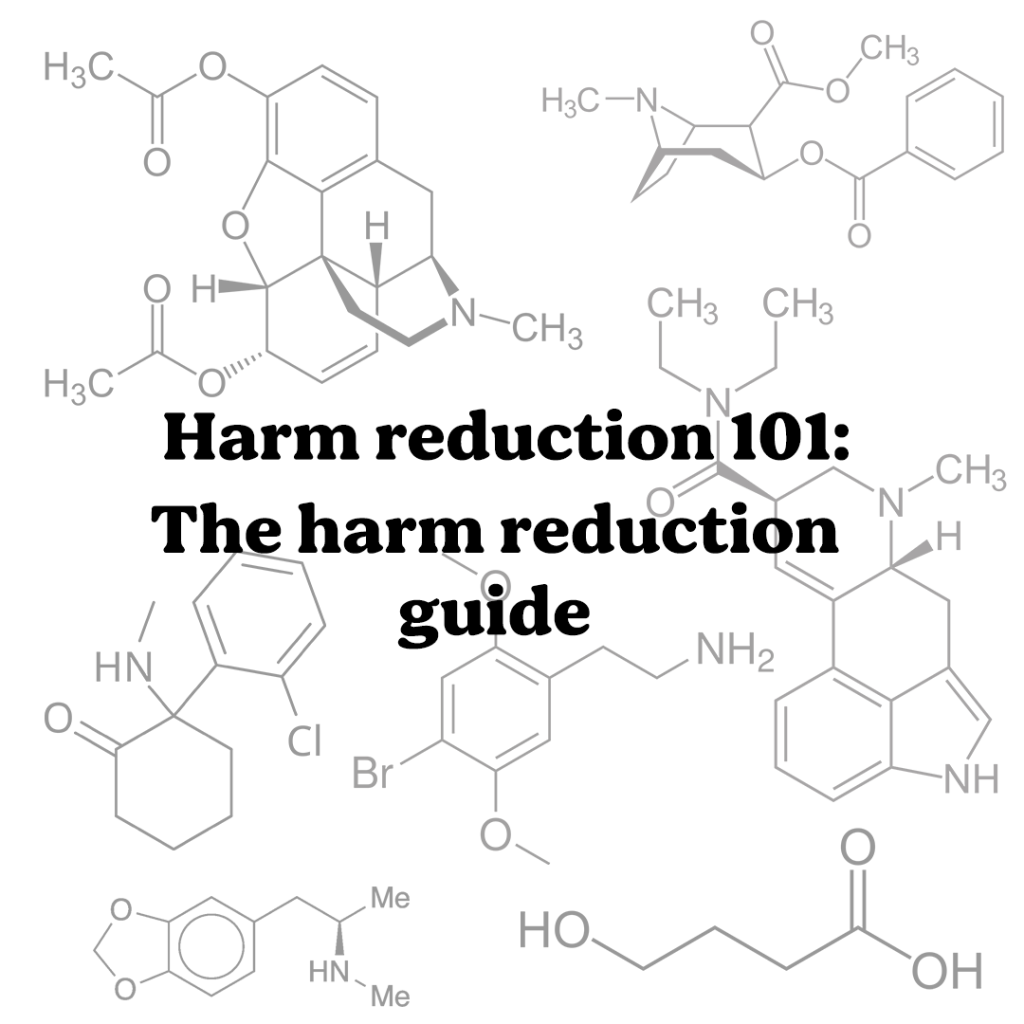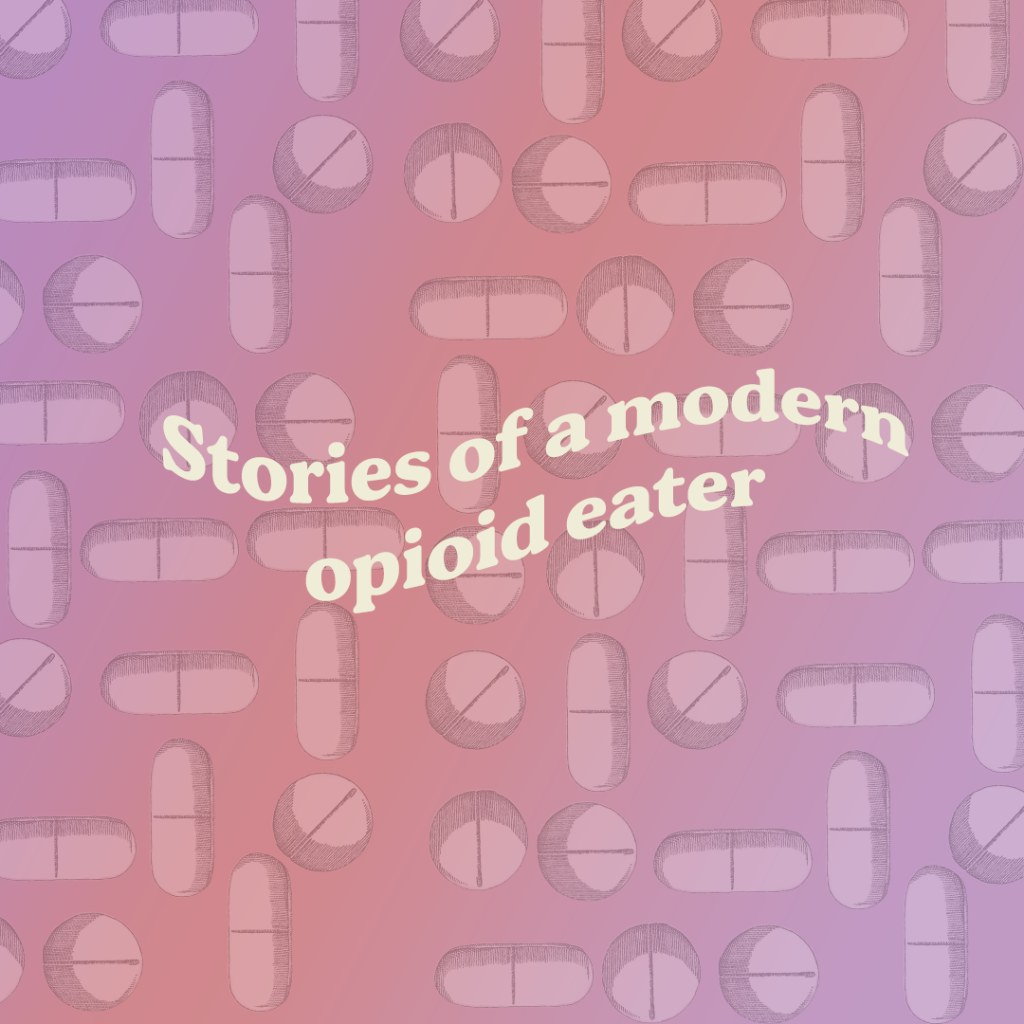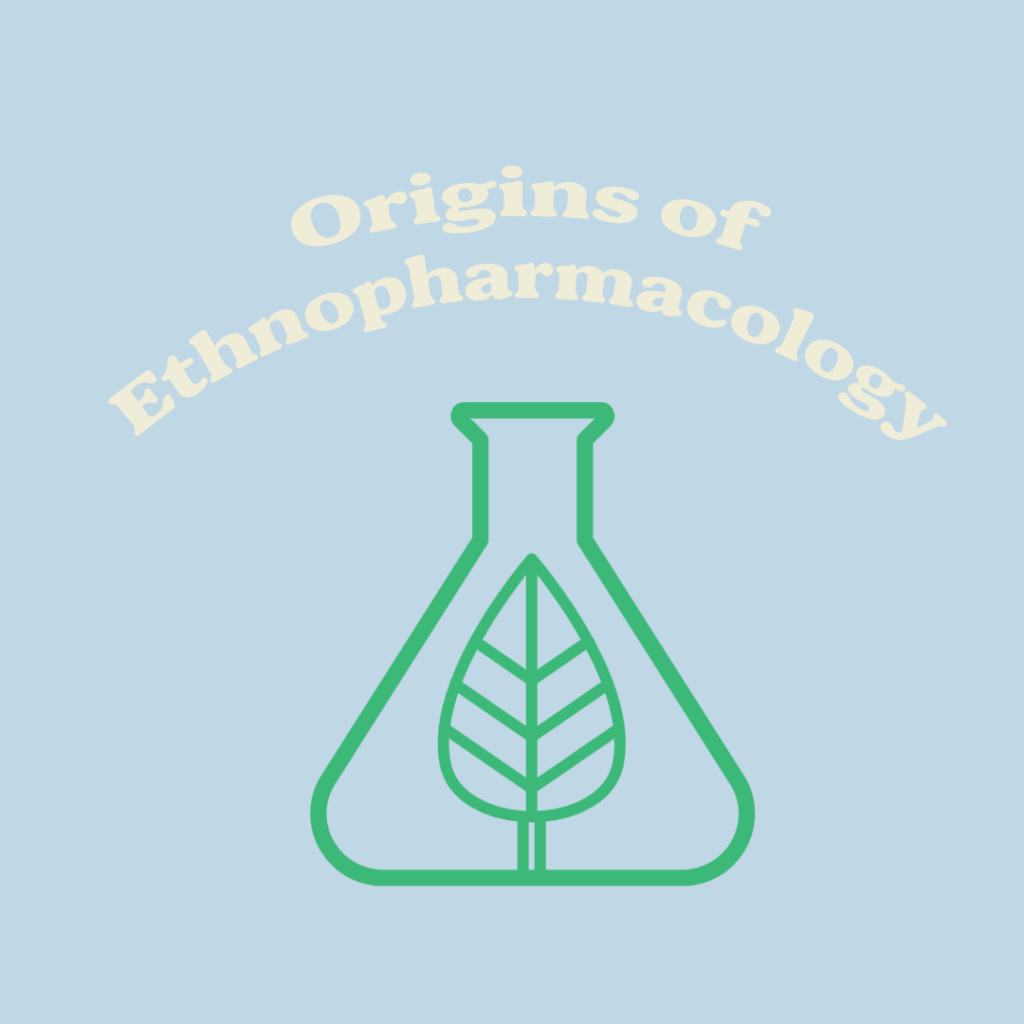Slow releasing Ketamine tablets might be the future for the treatment of severe depression
The notion of Ketamine being a horse tranquilizer is slowly shifting into the compound as a tool in psychotherapy for the treatment of several mental illnesses, allowing novel therapies, such as Ketamine VR and using Ketamine to treat post-finasteride syndrome, to be developed.
However, there is a downside to Ketamine therapy. Its availability, the cost, and the fact that patients stay in clinics for two hours after administration. But this might be changing soon!
Researchers are currently in clinical trials for the approval of a slow-releasing racemic Ketamine tablet that will lower the cost of Ketamine therapy and can be administered at home by the patient as it doesn’t have the typical dissociative side effects in IV Ketamine and has low chances of addiction according to researchers.










